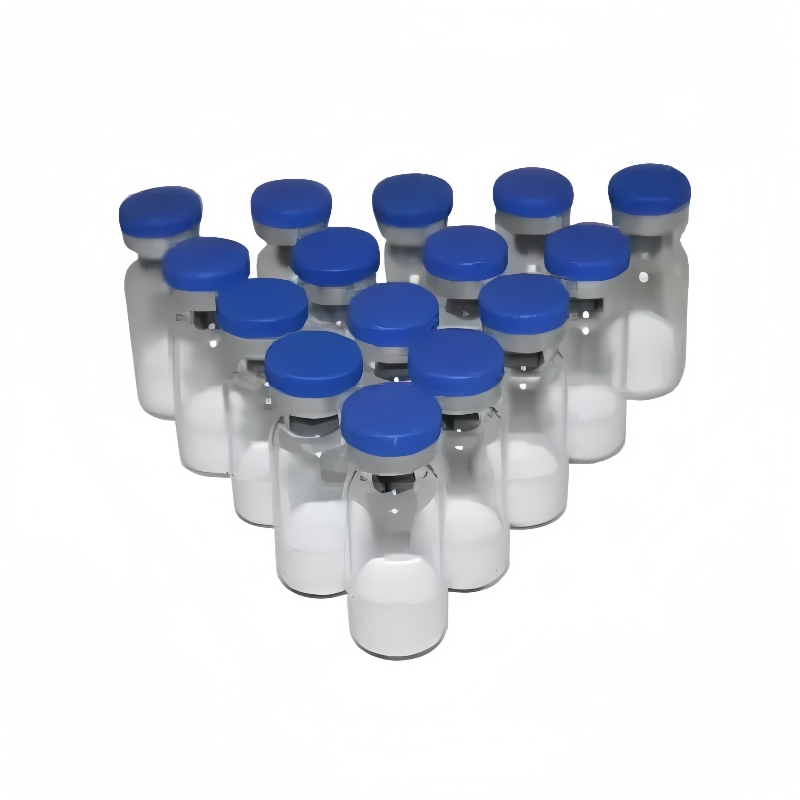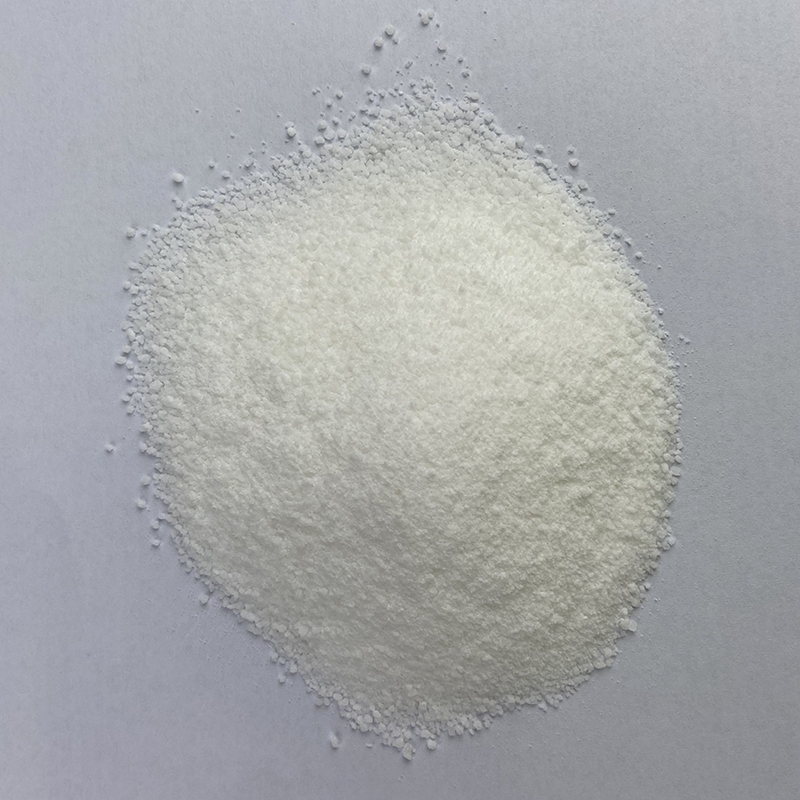-
Categories
-
Pharmaceutical Intermediates
-
Active Pharmaceutical Ingredients
-
Food Additives
- Industrial Coatings
- Agrochemicals
- Dyes and Pigments
- Surfactant
- Flavors and Fragrances
- Chemical Reagents
- Catalyst and Auxiliary
- Natural Products
- Inorganic Chemistry
-
Organic Chemistry
-
Biochemical Engineering
- Analytical Chemistry
- Cosmetic Ingredient
-
Pharmaceutical Intermediates
Promotion
ECHEMI Mall
Wholesale
Weekly Price
Exhibition
News
-
Trade Service
Background: Women with impaired glucose tolerance during pregnancy (abnormal screening test for gestational diabetes) are at risk for adverse pregnancy outcomes even if they do not have gestational diabetes
.
Prior to this, we defined the physiological subtypes of gestational diabetes according to the main underlying physiological factors leading to hyperglycemia, and found that women of different subtypes have different risks of adverse outcomes
.
Women with impaired glucose tolerance during pregnancy (abnormal screening test for gestational diabetes) are at risk for adverse pregnancy outcomes even if they do not have gestational diabetes
Study design: In a hospital-based cohort study, we studied women with impaired glucose tolerance during pregnancy (1 hour glucose in glucose stress test, ≥140 mg/dL; n=236) and normal glucose tolerance (glucose stress test) 1 hour glucose, <140 mg/dL; n=1472)
.
We applied a dynamic balance model to assess fasting blood glucose and insulin levels at 16-20 weeks of gestation to assess insulin resistance and insulin deficiency, and used these measures to divide women with impaired glucose tolerance during pregnancy into different subtypes
.
Figure 1 Insulin sensitivity and secretion of GGI physiological subtypes
Figure 1 Insulin sensitivity and secretion of GGI physiological subtypesFigure 2 The frequency of adverse pregnancy outcomes based on GGI physiological subtypes
Figure 2 The frequency of adverse pregnancy outcomes based on GGI physiological subtypesTable 1 The risk of adverse pregnancy outcomes in physiological subtypes of impaired glucose tolerance during pregnancy
Table 1 The risk of adverse pregnancy outcomes in physiological subtypes of impaired glucose tolerance during pregnancyTable 2 The probability of adverse pregnancy outcomes in physiological subtypes of impaired glucose tolerance during pregnancy (excluding gestational diabetes)
Table 2 The probability of adverse pregnancy outcomes in physiological subtypes of impaired glucose tolerance during pregnancy (excluding gestational diabetes)Table 3 Adverse pregnancy outcomes of women with physiological subtypes of impaired glucose tolerance during pregnancy, stratified by body mass index
Table 3 Adverse pregnancy outcomes of women with physiological subtypes of impaired glucose tolerance during pregnancy, stratified by body mass indexConclusion: Insulin-resistant impaired glucose tolerance during pregnancy is a high-risk subtype of adverse pregnancy outcomes
.
The division of physiological subtypes may provide opportunities for more personalized treatment of impaired glucose tolerance during pregnancy
.
Insulin-resistant impaired glucose tolerance during pregnancy is a high-risk subtype of adverse pregnancy outcomes
Selen DJ, Edelson PK, James K,et al.
Physiologic Subtypes of Gestational Glucose Intolerance and Risk of Adverse Pregnancy Outcomes.
Physiologic Subtypes of Gestational Glucose Intolerance and Risk of Adverse Pregnancy Outcomes.
Leave a message here







